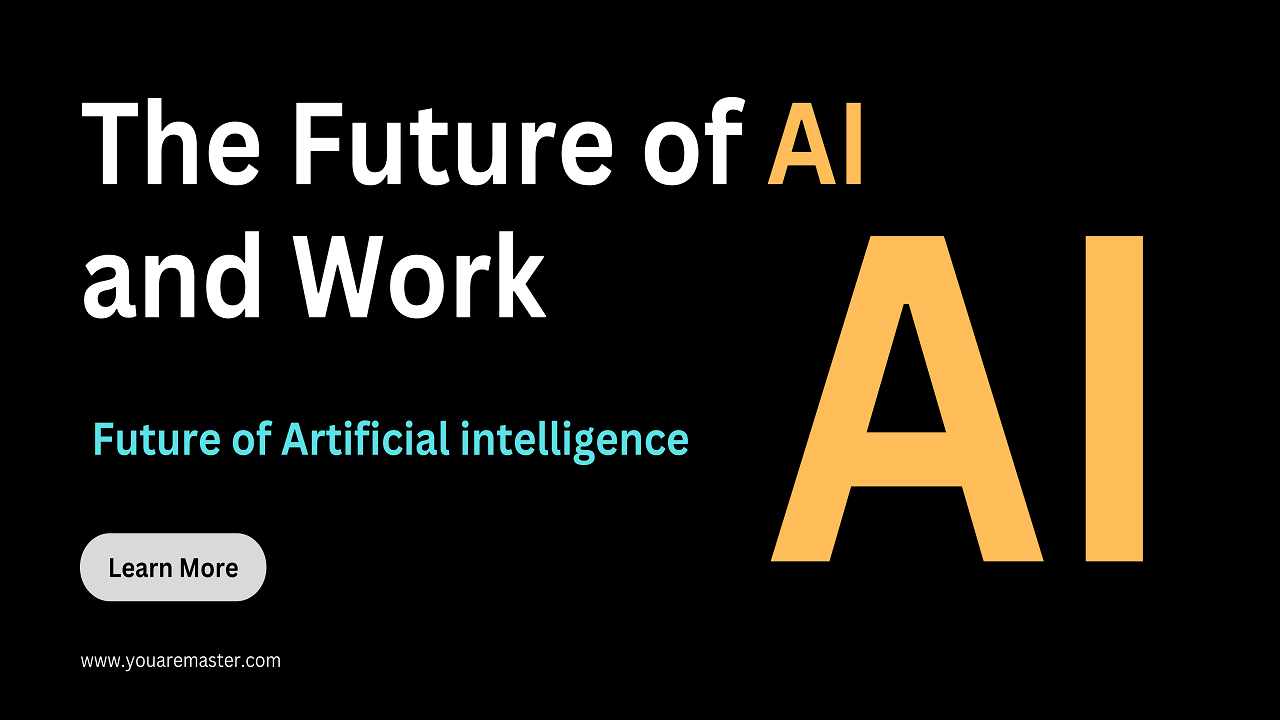Introduction:
Artificial Intelligence (AI) is revolutionizing the way we work, presenting both opportunities and challenges. As automation becomes more prevalent, it’s essential to understand how AI is shaping the future of employment.
Impact of AI on Traditional Jobs
Automation and Job Displacement
AI-driven automation has led to the displacement of many traditional jobs. Tasks that were once performed by humans are now being automated, leading to concerns about job security.

Industries Most Affected by AI
Certain industries are experiencing significant disruption due to AI. Manufacturing, transportation, and customer service are just a few examples of sectors where automation is rapidly changing the workforce landscape.
Creation of New Jobs by AI
Emerging Industries Due to AI
While AI may eliminate some jobs, it is also creating new opportunities. Emerging fields such as data science, machine learning, and robotics are experiencing rapid growth, offering exciting career prospects.
Skills Needed for AI-related Jobs
To thrive in AI-related fields, individuals need to develop specific skills. Proficiency in programming languages, data analysis, and problem-solving are highly valued in industries driven by AI.
Adapting to the Future of Work
Upskilling and Reskilling
As the nature of work evolves, it’s crucial for workers to upskill and reskill to remain competitive. Continuous learning and professional development are essential for adapting to the changing job market.

Importance of Lifelong Learning
Lifelong learning is becoming increasingly important in the age of AI. Individuals must embrace a mindset of continuous learning to stay relevant and adaptable in their careers.
Tips for Navigating the AI-driven Job Market
Embracing Flexibility and Adaptability
Flexibility is key to thriving in a job market influenced by AI. Workers who can adapt to new technologies and job roles will have a competitive edge in the workforce.
Building a Diverse Skill Set
Diversifying skill sets can enhance employability in the age of AI. Combining technical skills with soft skills such as communication and collaboration can make individuals more versatile and resilient.
Conclusion
In conclusion, the future of work and AI is a complex but fascinating topic. While AI may automate many jobs, it also presents opportunities for innovation and growth. By embracing lifelong learning, upskilling, and adapting to change, individuals can navigate the evolving job market successfully.

FAQs
1. Will AI completely replace human workers?
AI is unlikely to completely replace human workers. While automation may eliminate some jobs, it also creates new ones and enhances productivity in existing roles.
2. What skills are most in-demand in AI-related fields?
Skills such as programming, data analysis, and machine learning are highly sought after in AI-related fields. Additionally, soft skills like creativity and problem-solving are valuable in leveraging AI technologies effectively.
3. How can individuals prepare for AI-driven changes in the workforce?
Individuals can prepare for AI-driven changes by staying informed about emerging technologies, upskilling in relevant areas, and cultivating a growth mindset that embraces lifelong learning.
4. What industries are most likely to be impacted by AI in the near future?
Industries such as transportation, healthcare, and finance are expected to undergo significant transformation due to AI-driven automation and innovation.
5. Is AI a threat to job security?
While AI presents challenges to job security in some industries, it also creates new opportunities for employment and economic growth. Adaptability and continuous learning are key to navigating the changing job landscape.

3 thoughts on “The Future of AI and Work”